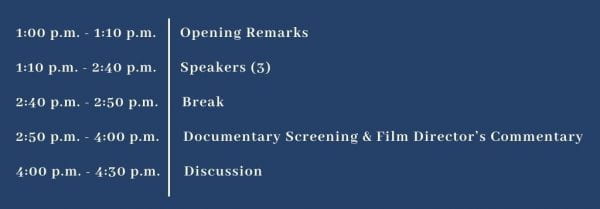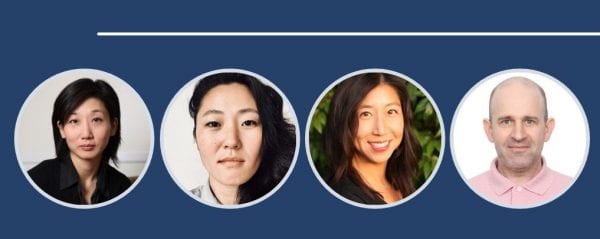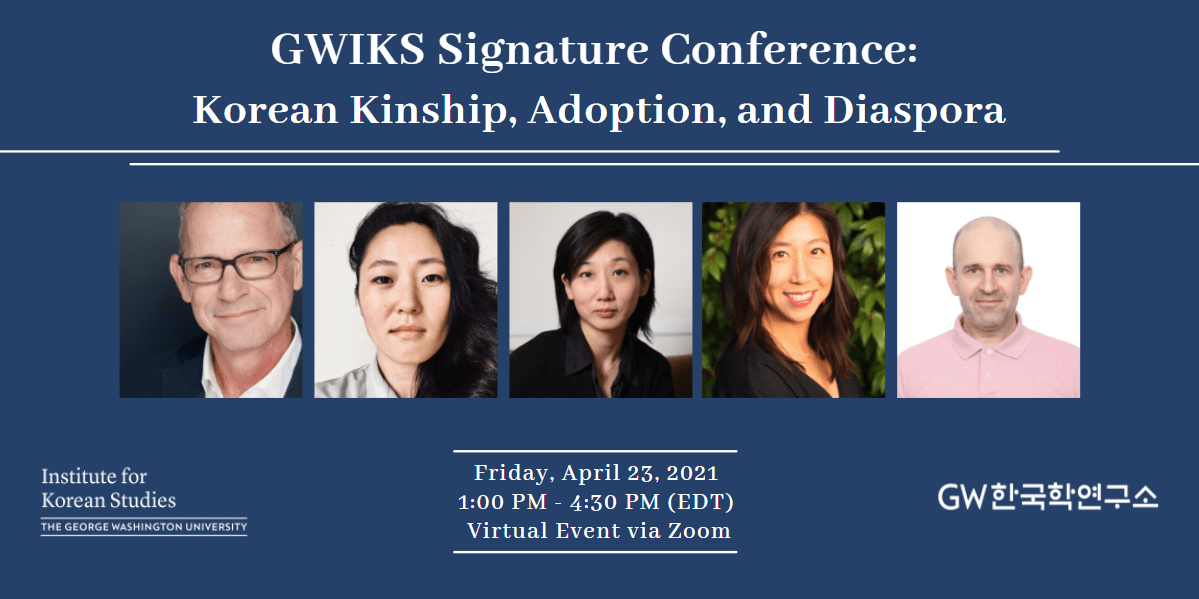Speakers
Eleana Kim, University of California, Irvine
Sun Hee Engelstoft, Film Director based in Copenhagen
Susie Woo, California State University, Fullerton
Todd Henry, University of California, San Diego
Moderator
Richard Grinker, the George Washington University
Friday, April 23, 2021
1:00 p.m. – 4:30 p.m. Eastern Time
Virtual Event via Zoom
This event is open to the public.
Event Description
The conference will focus on the complicated and contradictory experiences of Korean adoptees and Koreans in the diaspora. Population movements challenge many of our assumptions about identity and belonging, including the centrality of the state as a primary constituent of identity, and the notion that kinship is a biological or natural phenomenon as opposed to an object of cultural knowledge. The conference reflects on how Koreans outside of Korea, and those who have returned to Korea from other nations, resist some forms of identity and seek to create new, innovative, alternative forms. The participants will also reflect on historical roots of Korean transnational adoptions and the concept of Koreanness as a “race” characterized by homogeneity and sameness. To some extent, the conversation will echo movements in the broader diversity literature on disability and LGBT movements, and other areas of “difference.” Topics to be discussed include: biopolitics, transnationalism, kinship/social organization, multiculturalism, diaspora, civil society, the vexed “nature” of transnational adoption.
Symposium Schedule

Speakers (left to right)

Eleana Kim is a cultural anthropologist with specializations in kinship, migration, political ecology, STS, and multi species ethnography. Her first book, Adopted Territory: Transnational Korean Adoptees and the Politics of Belonging (Duke University Press, 2010), chronicled the history and emergence of a global community of adult adopted Koreans and their relationships to a newly globalized South Korea. It received the book awards from the Association for Asian Studies and the Association of Asian American Studies. Her next book, De/Militarized Ecologies: Making Peace with Nature Along the Korean DMZ is forthcoming from Duke University Press. She is an associate professor of anthropology and Asian American Studies at University of California, Irvine. (Photo credit: Nicola Kountoupes).
Sun Hee Engelstoft is a documentary director based in Copenhagen. Born in Busan, South Korea 1982 and adopted to Denmark. Having attended several schools for photography, she was accepted at the prestigious National Film School of Denmark, from which she graduated in 2011. “Forget Me Not” is her debut feature length documentary which has already gained international interest from pitch forums at Sheffield Doc/Fest, IDFA and DMZ International Documentary Film Festival in Korea. Engelstoft has previously made several short docs, edited numerous acclaimed photo books and travelled the world with different documentary projects and widely renowned photo exhibitions.
Susie Woo is an Associate Professor of American Studies at California State University, Fullerton. She received an MA in Asian American Studies from the University of California, Los Angeles and a PhD in American Studies from Yale University. Her book, Framed by War: Korean Children and Women at the Crossroads of US Empire (New York University Press, 2019), traces how Korean children and women became central to US involvement in the peninsula during and after the Korean War. Her articles on race, immigration, and the Cold War have appeared in American Quarterly, American Studies (AMSJ), and the edited volume, Pacific America: Histories of Transoceanic Crossings (University of Hawai‘i Press, 2017). Her next project examines race mixture across the postwar Pacific.
Todd A. Henry (associate professor of history, UCSD) is a specialist of modern Korea with a focus on the period of Japanese rule and its postcolonial afterlives. A social and cultural historian interested in global forces that (re)produce lived spaces, he also studies cross-border processes linking South Korea, North Korea, Japan, and the US in the creation of “Hot War” militarisms, the transpacific practice of medical sciences, and the embodied experiences of hetero-patriarchal capitalism. Dr. Henry’s first book, Assimilating Seoul (University of California Press, 2014; Korean translation, 2020), which won a 2020 Sejong Book Prize in History, Geography, and Tourism, addressed the violent but contested role of public spaces in colonial Korea. Currently, Dr. Henry is at work on two books (volume 1: 1950-1980; and volume 2: 1980-1995) and a co-produced documentary that center understudied, “queer” dimensions of authoritarian development in Cold War South Korea. These interdisciplinary projects explore the ideological functions and subcultural dynamics of non-normative sexuality and gender variance in connection to middlebrow journalism and urban entertainment, anti-communist modes of citizenship and hetero-patriarchal labor, in addition to bodily autonomy and personal health in the contexts of the global “sexual revolution,” gender confirmation and intersex struggles, and ongoing stigma against HIV/AIDS. A piece of this research appears in his edited volume, Queer Korea(Duke University Press, 2020; Korean translation 2021).
Moderator

Roy Richard Grinker is Professor of Anthropology, International Affairs, and Human Sciences at the George Washington University. He is a cultural anthropologist specializing in ethnicity, nationalism, and psychological anthropology, with topical expertise in autism, Korea, and sub-Saharan Africa. He has conducted research on a variety of subjects: ethnic relationships between farmers and foragers in the Ituri forest, Democratic Republic of Congo; North and South Korean relations, with special emphasis on North Korean defectors’ adaptation to South Korea life; and the epidemiology of autism. In addition, he has written a biography of the anthropologist Colin M. Turnbull and his new book Nobody’s Normal: How Culture Created the Stigma of Mental Illness (W.W. Norton). He was Interim Director of the GW Institute for Korean Studies for the Fall 2016 semester.


